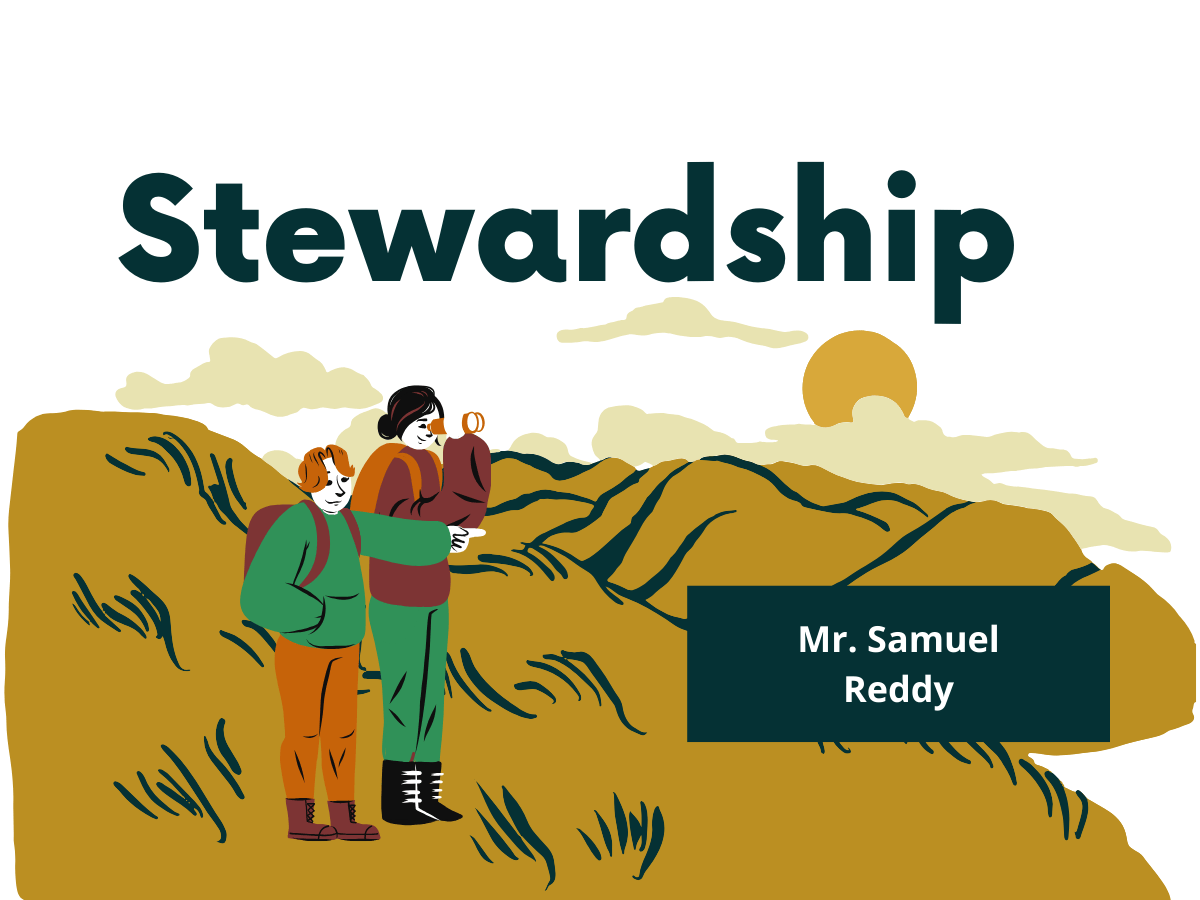
Some time back, I was inspecting my vehicle, which had borne a lot of wear and tear. A man whom I knew offered me help. He told me that he would help me make a claim with the insurance company. However the claim for my motor vehicle to be repaired would be under the pretence of it being vandalized. The idea was to make a claim on false grounds, so that my vehicle that had normal wear and tear is repaired at the cost of the insurance company.
I said no to this offer even though it was not easy at that moment. It was a very tempting proposition, but my conscience stood strong within me. God has called us to be stewards and therefore I wanted to please God more than benefiting from defrauding the insurance company. As a believer I wanted to be a good steward. The man could not understand me refusing such an offer because he told me he had done this for other Christians and gave their names too. Sadly even ‘Christians’ defraud insurance companies.
If I had fallen for his proposal, he would go along and tell someone else “I did this for pastor X and also for pastor Samuel Reddy.” I did not want to bring the name of my Lord down as a bad steward. We as Christians need to uphold the principles of God’s Word in a corrupted world. In Bible times a steward is always referred to one who is entrusted to manage the master’s estate or household, especially the master’s financial affairs. A steward therefore had great authority and prestige. As a result, one of the key qualities of a steward is trustworthiness or faithfulness.
1 Corinthians 4:2 says, “Moreover, it is required of stewards that a man be found faithful” (NASB). Paul urged the Corinthians to think of him, Peter and Apollos not as leaders of parties, but as servants of Christ and stewards of God’s Kingdom (1 Corinthians 3-4). They were trusted administrators. Stewardship is management of all that God has entrusted to them. Is there a need for stewardship today – The answer is a big YES. We are expected to be good stewards. How can we be the stewards that God wants us to be? The answer lies in the acronym ‘STEWARD’ itself. Let us consider the acronym – S T E W A R D S – Be a SERVANT – Paul gives us the perfect example of a servant (steward) – Jesus Christ “made himself nothing, taking the very nature of a servant,” Philippians 2:7 (NIV). Matthew 20:28 says, “Jesus did not come to be served but to serve,” (NIV).
He proved it by washing the disciples’ feet – John 13:5, (NIV). T – Be TRUSTWORTHY – Nehemiah was a cupbearer to the king ( Nehemiah 1-2). It was a trusted position. Can you be trusted? Nehemiah is a great example to us and we see that he found favor in the sight of the king because he was a trustworthy person. E – Be ENTERPRISING – Proverbs 31 speaks of an enterprising woman. A woman with qualities that people respected her. Her husband and children called her blessed. W – Be a WORKER – In Genesis 6, we see Noah, who had a working faith. A responsibility was given to him and he faithfully carried it out for 120 years. We must not give up working for God till the given task is accomplished. A – Be ACCOUNTABLE – The early church practiced accountability. Acts 15:16 speaks of the Jerusalem Council. The early church was not a one-man show. Even Apostle Paul was accountable to the Jerusalem Council. As stewards we are accountable for all our deeds. Romans 14:12 says, “So then, each of us will give an account of himself to God.” R – Be RELIABLE – Acts 15:36 tells the story of John Mark who deserted the team and later Paul did not want to take him on the next mission.
“Therefore, my beloved brethren, be ye steadfast (reliable), unmovable, always abounding in the work of the Lord, forasmuch as ye know that your labor is not in vain in the Lord,” 1 Cor 15:58 (KJV). D – Be DISCIPLINED – In 1 Timothy 2: 3-5, Paul gives the example of the soldier, athlete and the farmer, who by their discipline become successful. Everyday presents us with needs and opportunities that challenge us to do what we know to be right. To know what to do at a given situation, we need to need to see our decisions and their consequences in the light of the above teaching. If we can be sure that if after we do an action, we would still be a servant, who is trustworthy and enterprising; a worker who is accountable, reliable and disciplined, we have succeeded in making the right decision
Author: Mr. Samuel Reddy an ex-businessman from South African Shipping industry, is currently works as a counselor among AIDS affected patients and their families.


